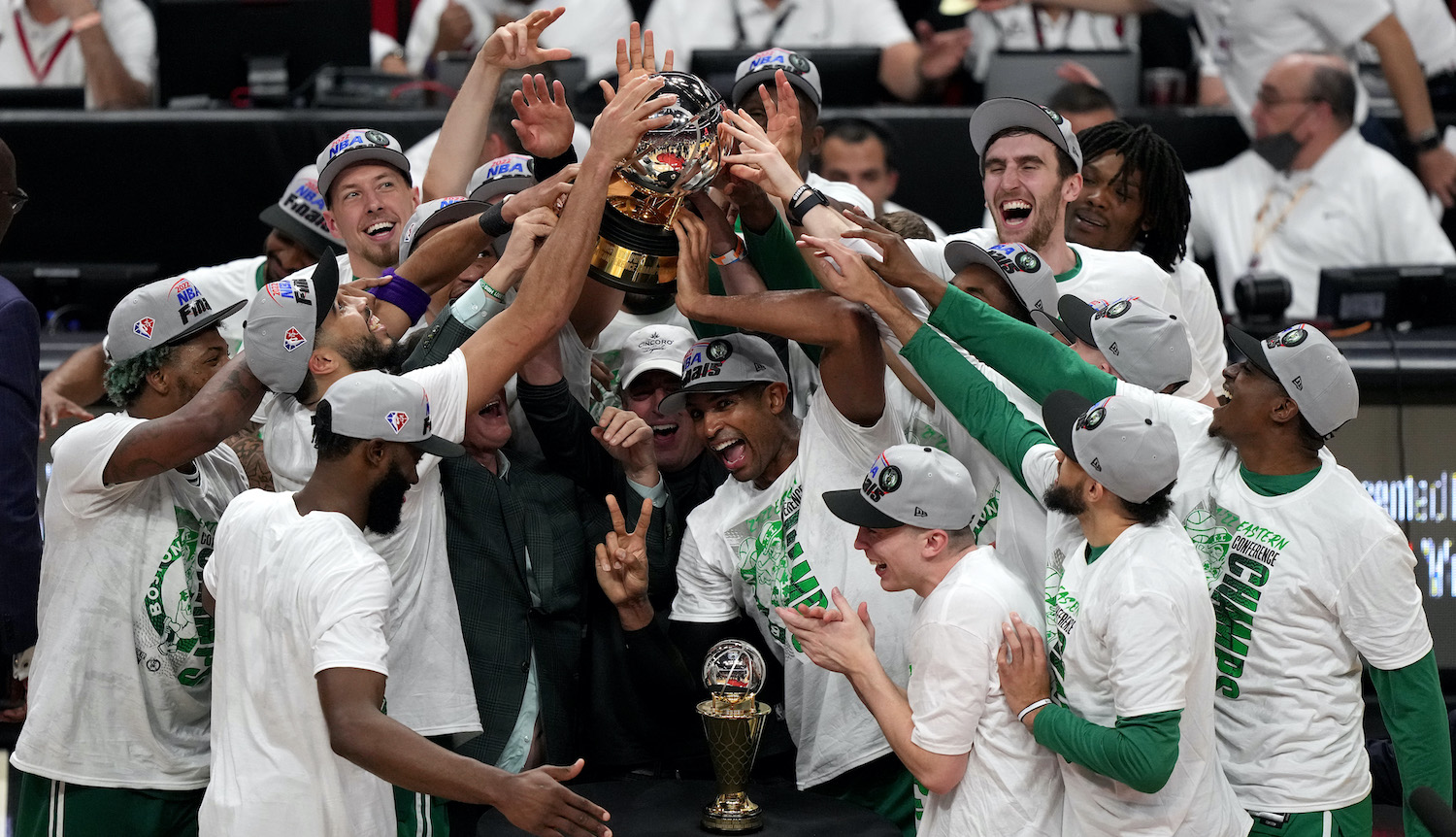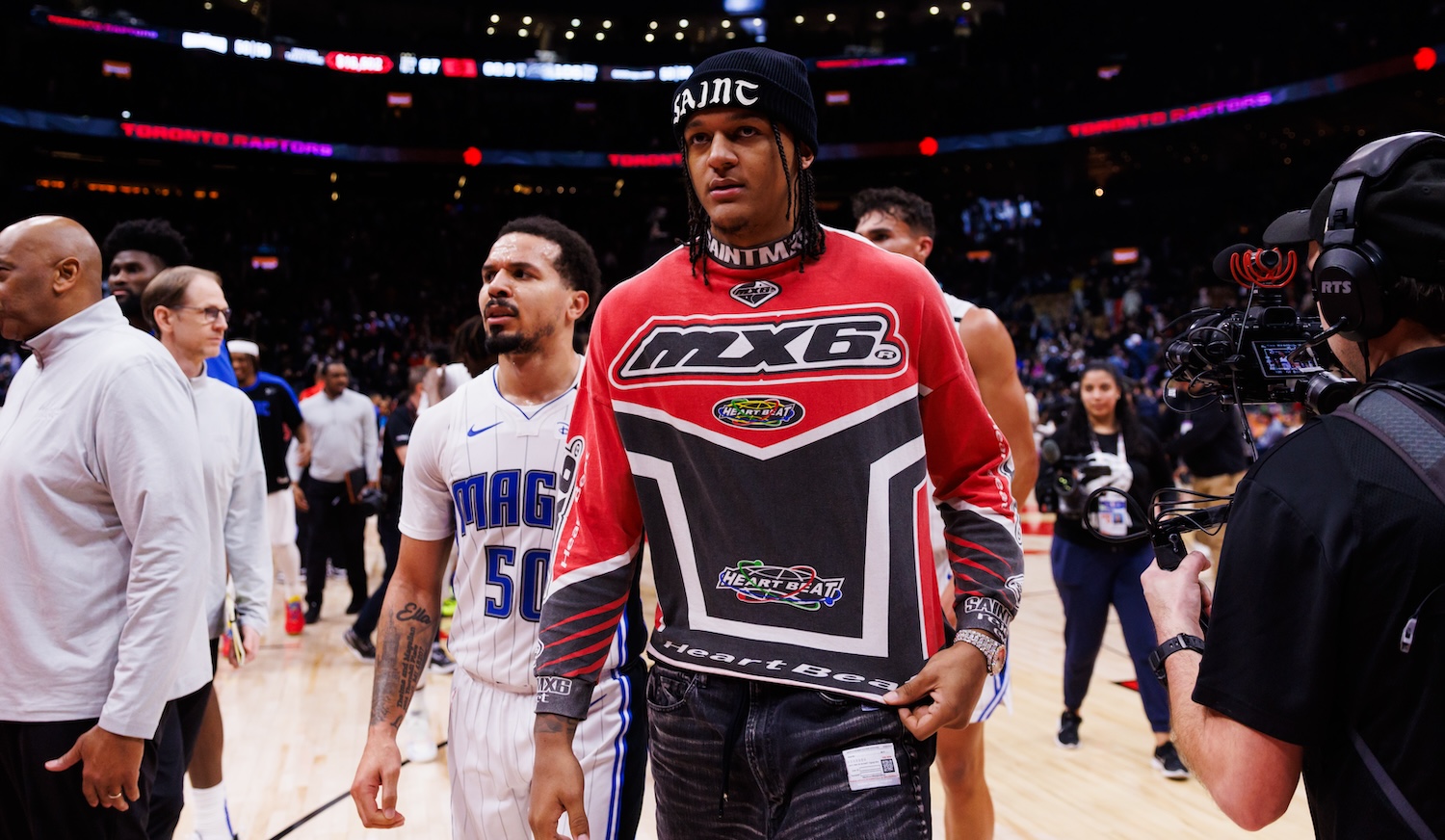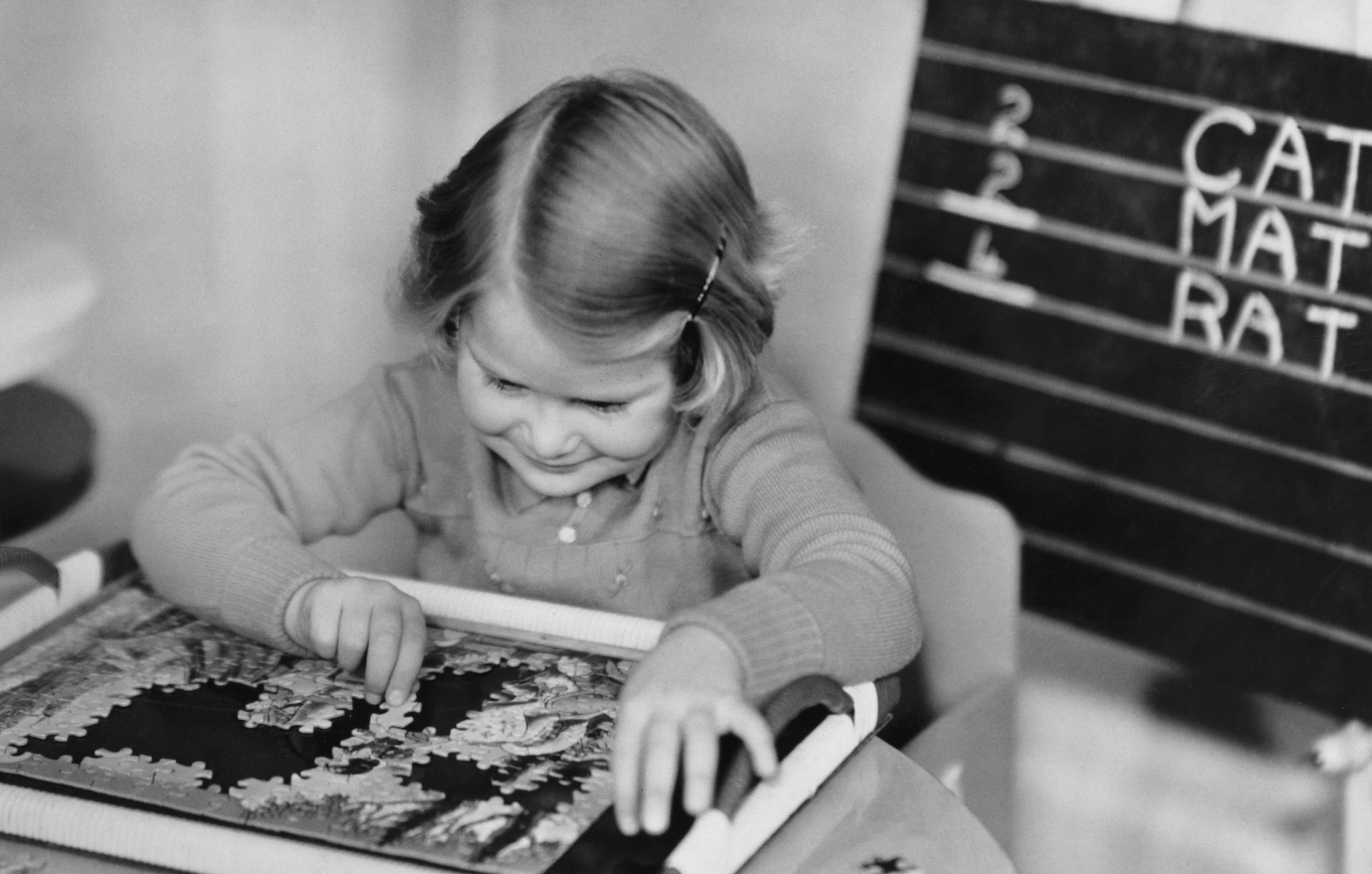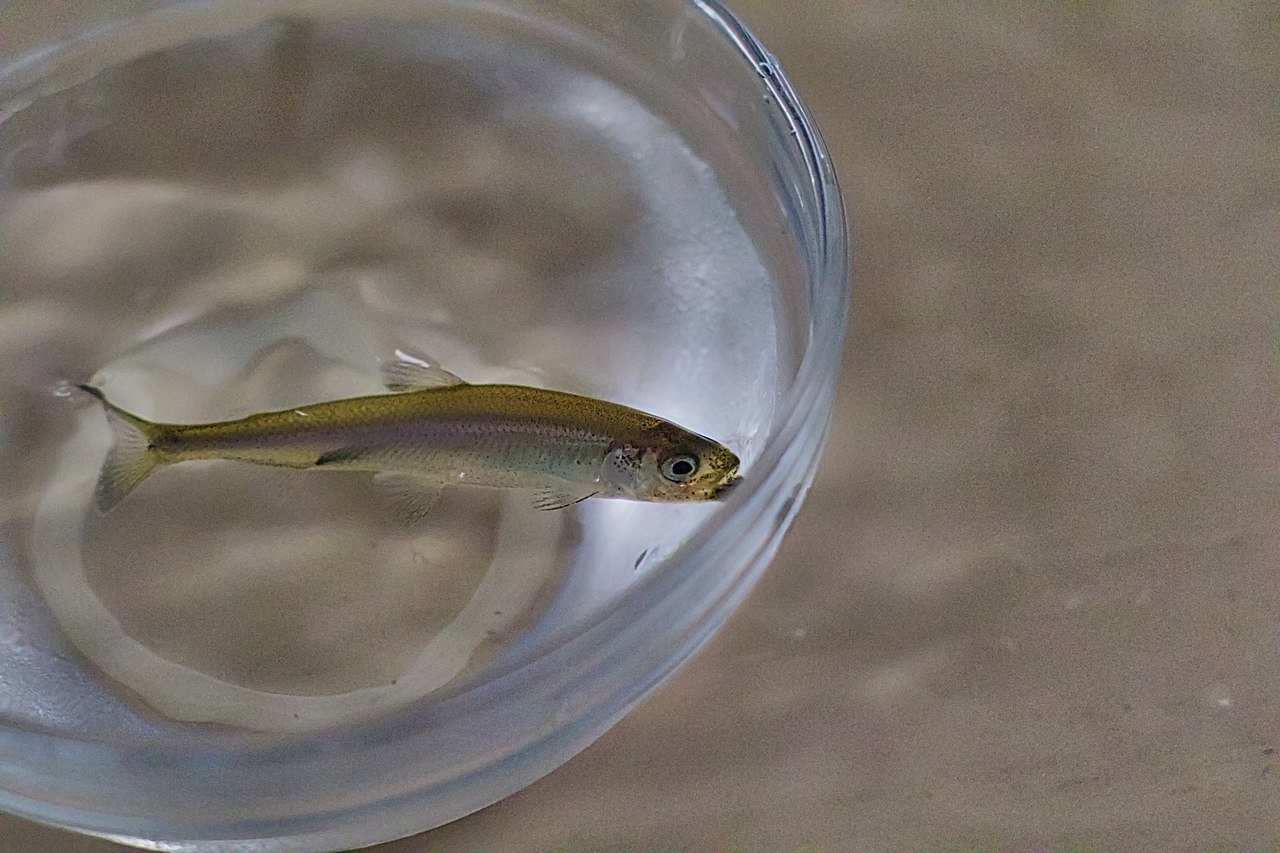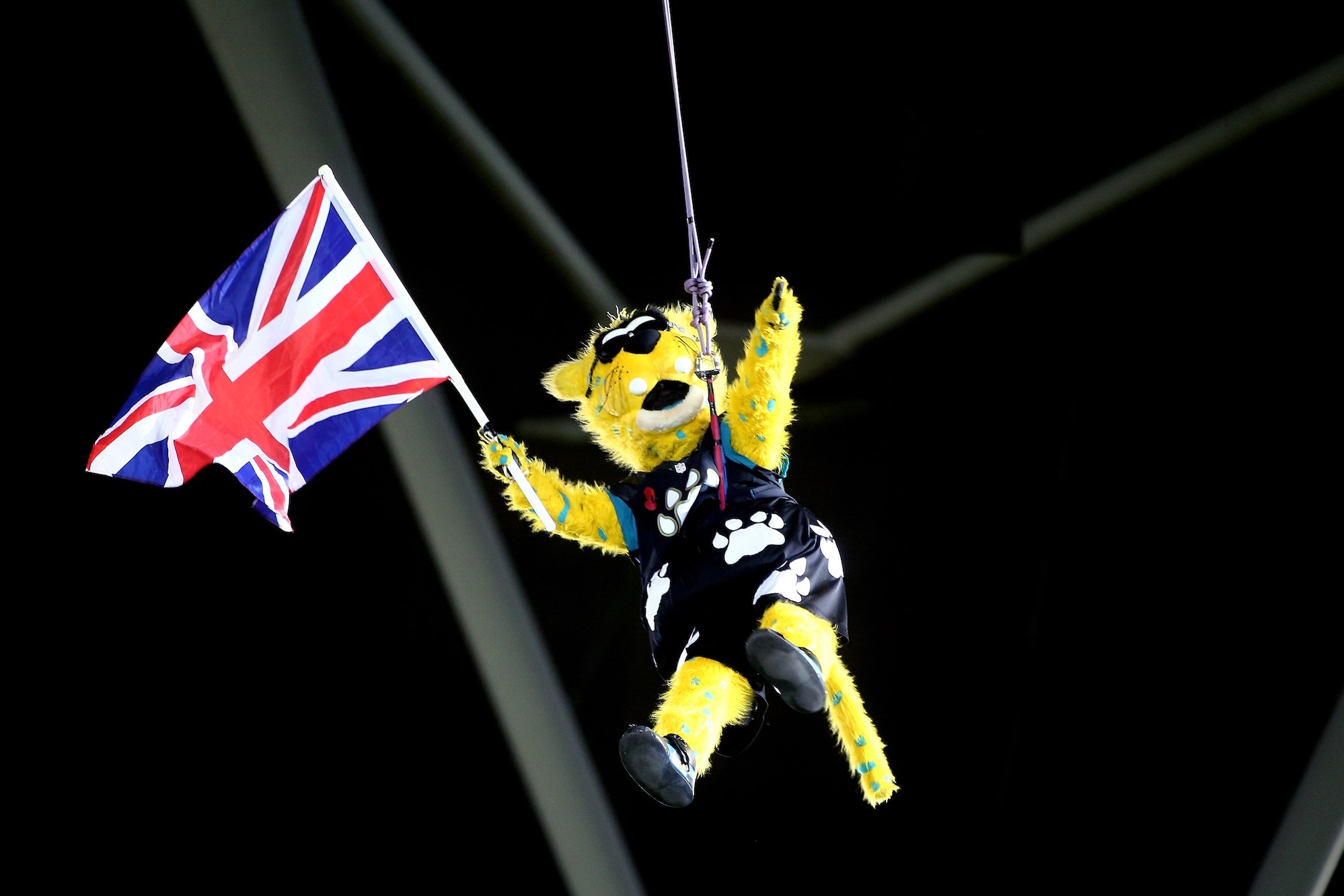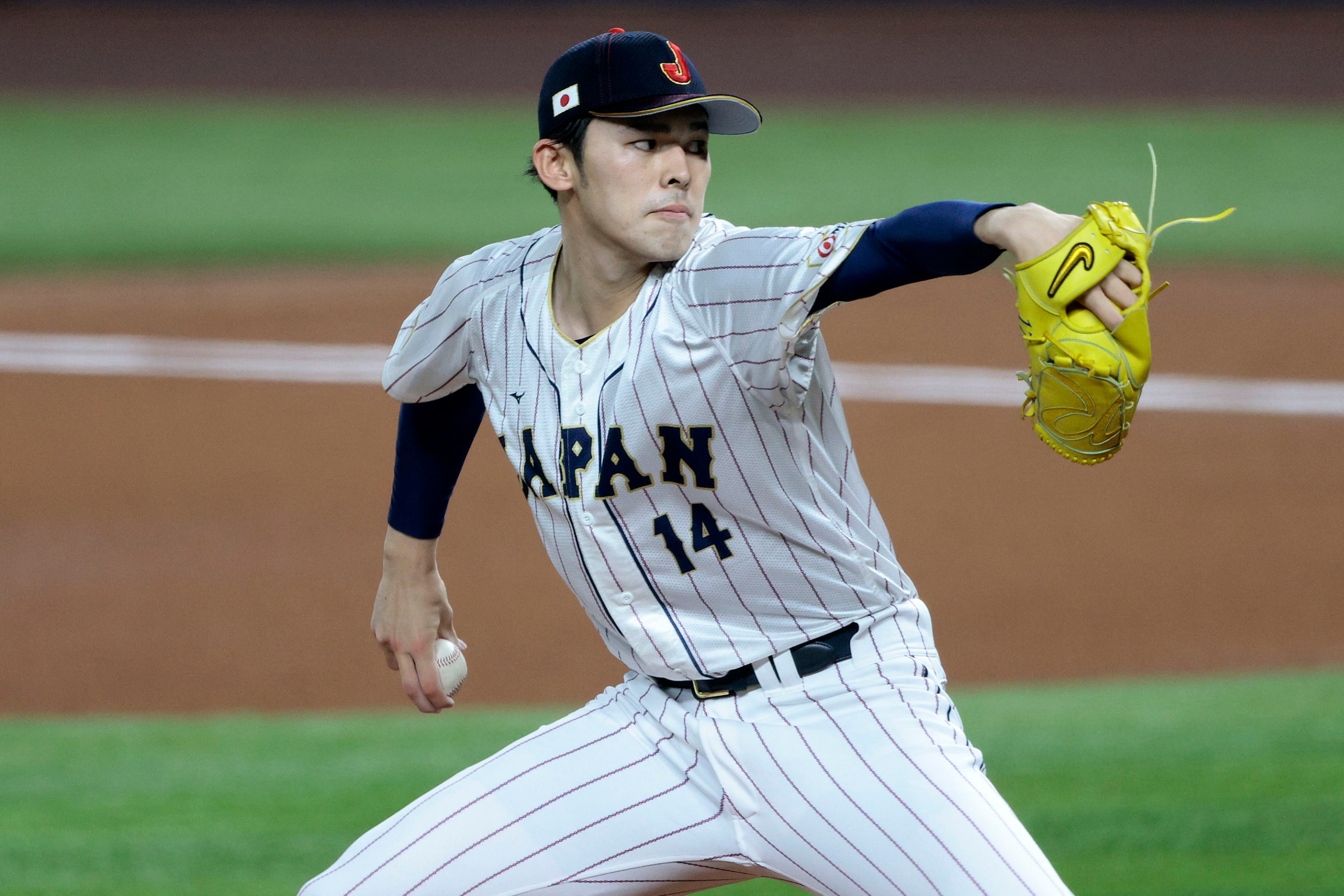Back before 2015, when shooting a three-pointer was an idea embraced by like nine perverts in the NBA and nobody had quite crunched the numbers on how much higher three was than two, the worst transgression anyone could commit in the eyes of a coach or announcer was hoisting a three in transition. You are supposed to get to the rim in transition, and anything else is considered a failure. Pulling up in a 2-on-1 or 3-on-2 from any distance was a benchable offense, and yanking it from 25 feet, where, again, it was functionally illegal to shoot from, was the cardinal sin. Steph Curry's penchant for nailing above-the-break threes briefly quelled the dissent, and while there are good times to pull one on the run (transition threes tend to be way more open than most others), the theory says you still should get to the rim if you can. All of which is to say: When Jimmy Butler made the wrong choice on the biggest shot of the game, I was dead certain he was splashing that shit.
Jimmy Butler went for the win. pic.twitter.com/7fjYjg9wkC
— ESPN (@espn) May 30, 2022
When Butler stared down Horford after taking it coast-to-coast and chose not to take the duel, Miami was on an 11-0 run. They had just played three perfect minutes of defense, Kyle Lowry had visibly wrung the very last of his energy out getting good shots for his team, and Max Strus had just canned an outrageous 27-footer. Butler was also shooting for Miami's very first lead of the night when he pulled up in transition, but as a pretty clearly struggling Jeff Van Gundy said at the time, living by the three necessitates accepting the other end of that trade. A defense of Butler would point out that Horford had just stoned him at the rim, though still, you can't risk that much when a three isn't going to be decisive. Butler played every single minute of the game and followed up his Game 6 masterclass with another killer performance, but sometimes a series really does hinge on a moment, and while Butler's shot was not a buzzer-beater, it felt like he gambled and lost and the Heat's season ended in an instant. The Boston Celtics are going back to the Finals for the first time since 2010 after surviving their second straight seven-game ordeal.
Boston was tested by a physical, determined Miami defense, one whose survival depended on the success of their Foul On Every Play, They Can't Call Them All gambit, and they showed enough shot creation and shotmaking that they never once spotted the Heat a lead. Miami would often give the Celtics a 11- or 13-point leash, only to threaten to grab the lead with a burly 8-0 run or some such. Every time, Boston caught their breath, ran their offense, and engineered good shots. Jayson Tatum was once again huge, reading double teams and pick-and-roll coverages to make Miami pay for their emphasis on shutting him down, then nailing tough shots when he was given room to shoot. The two iconic Tatum plays from Game 7 both came at the end of the shot clock. Miami played 22 seconds of pants-on-fire defense, only to watch Tatum toss in an off-balance three with just under six minutes to go.
JAYSON TATUM. BIG TIME 😳 pic.twitter.com/omrIxHbCwi
— ESPN (@espn) May 30, 2022
Ninety seconds later, the Celtics essentially told everyone in the arena that Tatum was about to shoot over Jimmy Butler, and, well, he shot over Jimmy Butler.
JAYSON. TATUM. pic.twitter.com/pH3HmlNI6b
— NBA UK (@NBAUK) May 30, 2022
Jaylen Brown had another successful game attacking the rim and finding easy buckets for his teammates, and the best play he made was standing up Butler late in the shot clock near the end of the game. Brown, Tatum, and Al Horford each played over 44 minutes, and Boston's short rotation was once again quite tight tonight. As they move towards a Finals matchup with a rested Warriors team, a significant talking point will surely be the gauntlet of pain the Celtics had to go through. Two seven-game wars, back-to-back, had to have taken their toll, especially since Marcus Smart and Robert Williams have been in and out of the lineup. Tatum has played 200 more minutes than Curry in the playoffs, and even Smart, who has been battling a series of injuries throughout, has logged more postseason minutes than every Warrior besides Klay Thompson. The minutes they had to play have also been ugly and physical. Miami successfully brought this series down into the mud, which is both impressive that Boston won, and concerning that they had to win this way. They will be the more fatigued team, mostly because Miami put up a hell of a fight.
No matter what Udonis Haslem says, the Heat looked dead as hell after Game 5. Jimmy Butler had managed 27 points across Games 3-5, and both of Miami's two wins to that point seemed more like Celtics blown games than decisive Heat wins. The primary dynamic seemed to be whether Boston could keep from committing a horrid number of turnovers, without which the Heat seemed lifeless. Instead, Butler had one of the best games of his career in Game 6, scoring 47 and singlehandedly keeping his team in the series. Fighting through an injury, Butler had to post two straight perfect games to win the series for his team, and he nearly did it.
The Celtics had lost four times in the Conference Finals since their last Finals appearance, twice since Tatum and Brown joined the team, before breaking through and making the Finals this season. Their path to the Finals was a frankly ludicrous one, a journey that required them to pull out the most dramatic in-season turnaround of any NBA finalist I have ever seen. They have the juice to beat the Warriors, and might even step into that series as favorites. Though Tatum and Brown are still very young, the Celtics should know from their Eastern Conference Finals near-misses that these opportunities are not guaranteed. They have had to win two huge games on the road to make it to the Finals, and since they don't have home court against the Warriors, they'll have to find a way to win another. They will, essentially, keep having to prove the mettle that bore them into the Finals.
